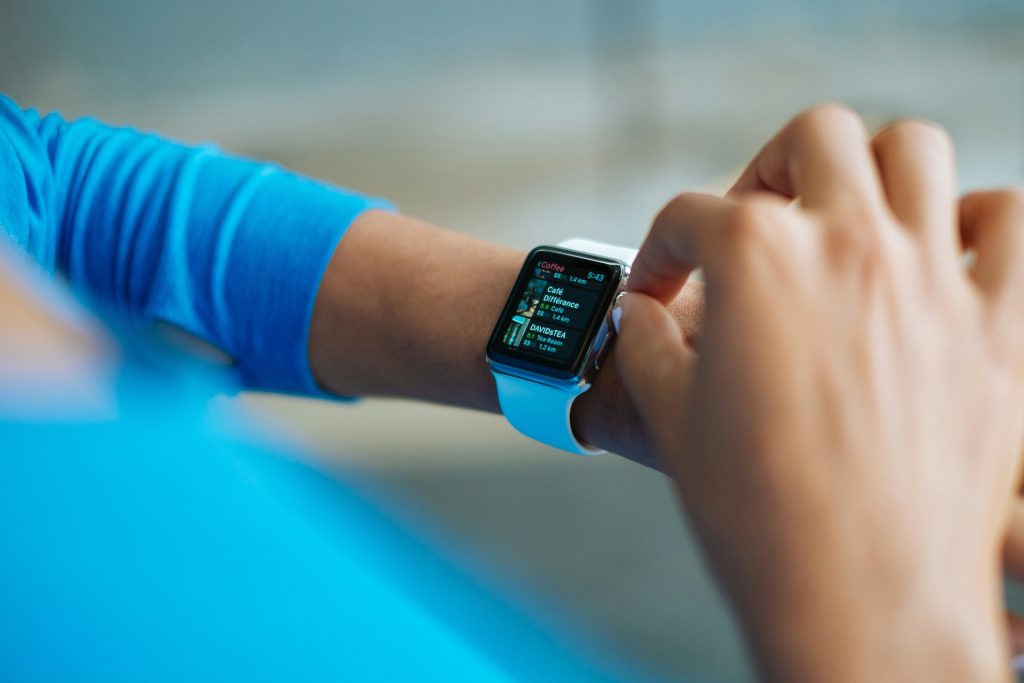Wearable health technology has revolutionized how we track and manage our well-being. Devices like smartwatches and fitness trackers provide real-time insights into key health metrics, allowing users to monitor their heart rate, sleep quality, activity levels, and even detect potential health risks. This article explores the latest advancements in wearable health technology, how these devices work, and their impact on personal health management.
1. How Wearable Health Devices Work
Why It Matters:
Wearable health devices use advanced sensors and algorithms to collect and analyze physiological data, helping users stay informed about their health.
Key Features:
- Optical sensors measure heart rate and blood oxygen levels.
- Accelerometers and gyroscopes track movement, steps, and posture.
- Electrodermal sensors detect stress levels and emotional responses.
- Temperature sensors monitor body temperature fluctuations.
2. Top Smartwatches for Health Monitoring
Why It Matters:
Smartwatches have evolved beyond simple timekeeping, offering comprehensive health-tracking features integrated with smartphone apps.
Popular Smartwatches:
- Apple Watch Series 9 – Features an ECG, blood oxygen monitoring, and temperature tracking.
- Samsung Galaxy Watch 6 – Tracks heart rate, stress levels, and sleep cycles.
- Garmin Venu 2 Plus – Ideal for fitness enthusiasts with advanced workout tracking.
- Fitbit Sense 2 – Includes stress management tools and continuous skin temperature readings.
3. Best Fitness Trackers for Real-Time Health Monitoring
Why It Matters:
Fitness trackers provide a more lightweight and cost-effective alternative to smartwatches while offering similar health-monitoring features.
Top Fitness Trackers:
- Fitbit Charge 6 – Tracks heart rate, steps, and blood oxygen levels.
- WHOOP 4.0 – Focuses on recovery and strain monitoring for athletes.
- Xiaomi Mi Band 8 – Budget-friendly with step tracking and sleep analysis.
- Oura Ring – A discreet ring-shaped device that monitors sleep, heart rate, and body temperature.
4. The Future of Wearable Health Technology
Why It Matters:
As wearable technology continues to evolve, new innovations are enhancing health monitoring capabilities, making early disease detection more accessible.
Upcoming Trends:
- Non-invasive glucose monitoring for diabetics.
- AI-powered health predictions based on wearable data.
- Blood pressure monitoring without a cuff.
- Smart clothing and patches that track hydration, stress, and fatigue levels.
Conclusion
Wearable health technology is transforming personal health management, offering real-time monitoring and valuable health insights. Whether using a smartwatch or a fitness tracker, these devices empower users to take control of their well-being, detect health risks early, and optimize their fitness routines. As technology advances, wearable health devices will become even more sophisticated, helping us live healthier, longer lives.

